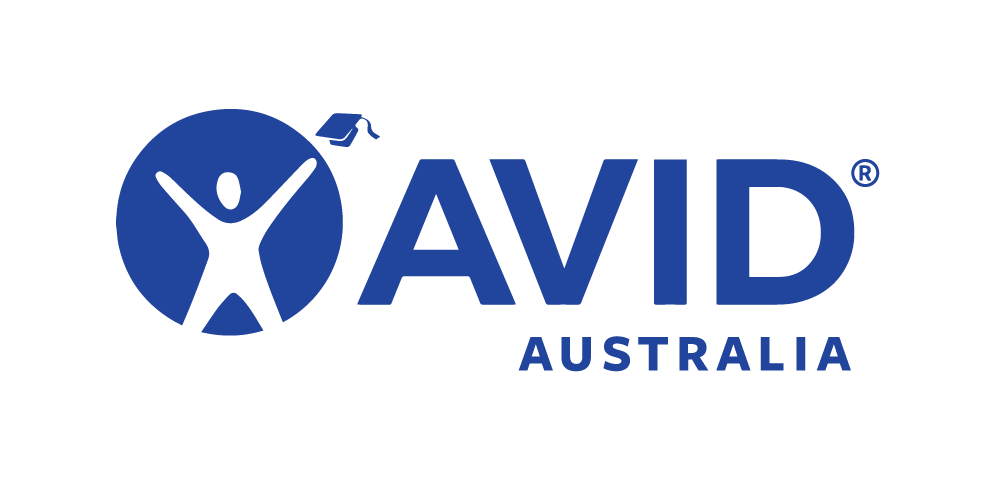The Career and Enterprise General course engages students in learning about developing their career in a constantly changing digital and globalised world. Careers are now considered to be about work, learning and life. Individuals need to be proactive, enterprising career managers who engage in lifelong learning.
The Career and Enterprise General course aims to provide students with the knowledge, skills and understanding to enable them to be enterprising and to proactively manage their own careers.
Prerequisites:
Nil
Unit 1
The focus of this unit is exploring work and networks. Students develop an understanding of aspects of work, such as part-time, full-time, flexi hours, volunteer work and unemployment. They will display their understanding through a Careers Expo which they will coordinate and run. This jobs fair will provide them with opportunity to share their knowledge of industries and jobs with other students and also a chance to discover more about pathways available to them. Students learn the basic organisation and roles associated with different workplace structures, and develop awareness that employment is connected with responsibility for themself and others.
Students understand that transitions can be facilitated by resources made available through the family, school, workplace and community, and that these groups assist young people to learn what is expected of them as workers.
It enables students to increase their knowledge of work and career choices and to identify a network of people and organisations that can help with their school-to-work transition.
Unit 2
The focus of this unit is entry-level work readiness. Students explore the attributes and skills necessary for employment, and identify their personal strengths and interests, and the impact these have on career development opportunities and decisions. Students examine the organisation of workplaces within a chosen industry area and learn about the rights and responsibilities of employees and employers in entry-level jobs.
A career profile is developed and this profile is used, together with simple work search tools and techniques, to commence planning career development options. A record of work, training and learning experiences is required for inclusion in a career portfolio.
An exploration is made of workplaces, organisation and systems, and also employment as a contractual agreement. The roles, rights and responsibilities of individuals are defined and assessed according to legal, ethical and financial considerations. The unit investigates how influences and trends impact on personal career development opportunities.
Assessments:
Investigation: 30%
Production/Performance: 30%
Individual Pathway Plan and Career Portfolio: 20%
Response: 20%
Resources:
BSC Year 11 Career and Enterprise Course Booklet
More Information:
For further information regarding this course click here.












